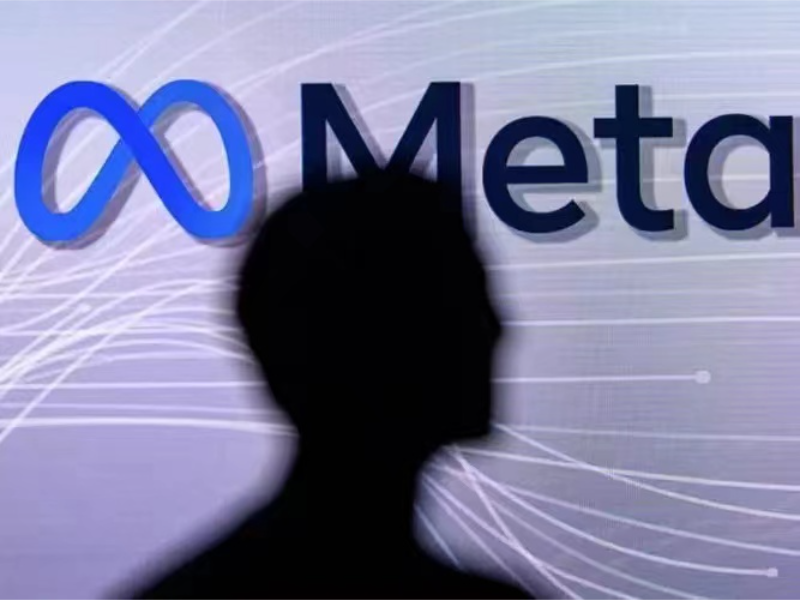- Expansion marks Meta’s fifth and largest renewable attribute purchase from Adapture, this time tied to projects in Texas, USA.
- Agreements underscore rising demand for clean power driven by data centres, AI growth, and Meta’s net-zero ambition.
What happened: Meta and Adapture have signed two fresh environmental attributes purchase agreements
Adapture Renewables, a developer and operator of utility-scale solar and storage facilities based in Oakland, California, in USA has struck two new Environmental Attributes Purchase Agreements (EAPAs) with Meta Platforms for solar projects totalling 360 MW in Texas’s ERCOT region. These are set to begin commercial operation in 2027.
This latest collaboration builds on three previous deals struck in 2023, bringing the total number of EAPAs between the two firms to five and nearly 700 MW of capacity across three US states. Under an EAPA, Meta purchases the environmental benefits—renewable energy certificates—while the solar power feeds directly into the grid. Adapture’s VP of Origination, Jesse Tippett, noted that the long-term agreements “balance risk and value”, helping scale meaningful clean-energy projects. Amanda Yang, Meta’s Co-Head of Clean and Renewable Energy, emphasised that these partnerships facilitate Meta’s clean energy ambitions.
Also read: OpenAI secures $200m US defence contract
Also read: Meta targets OpenAI researchers with massive $100m bonuses
Why it’s important
As AI applications grow and data centre demand surges, so does the electricity footprint. With projections showing data centres could consume over 8% of global electricity by 2030, Meta’s move is part of a larger trend among Big Tech firms investing in clean energy to offset consumption.
These agreements mark a significant step in Meta’s quest to power its global operations with 100% renewable energy, driven by the surging demand from its artificial intelligence (AI) initiatives. Data centres, critical for AI and social media platforms, are energy-intensive, and Meta’s focus on clean energy reflects a broader tech industry trend. Amazon, for instance, signed deals for nearly 1 GW of renewable capacity in 2024. Meta’s partnerships, including a recent 791 MW deal with Invenergy, highlight its aggressive push for sustainability.
These efforts not only reduce Meta’s carbon footprint but also bolster its public image amid growing scrutiny of tech’s environmental impact. For Texas, the projects promise economic benefits, including job creation and infrastructure development, reinforcing the state’s role as a renewable energy hub.

